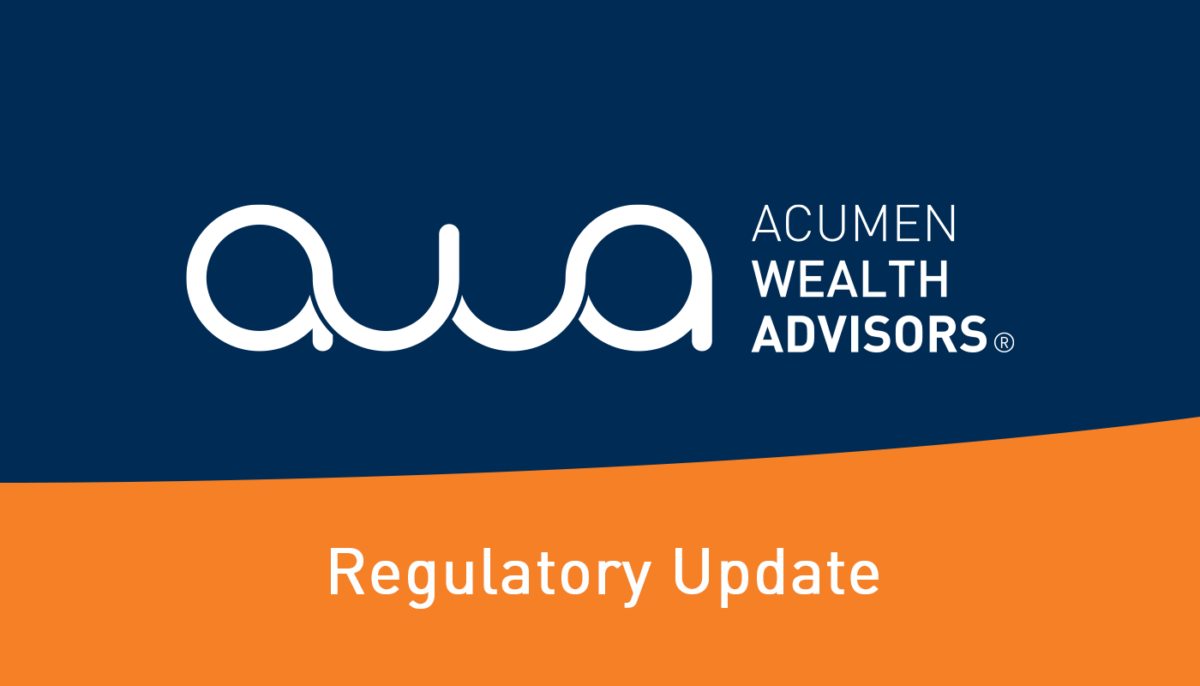Form CRS: Brokers and Investment Advisers – How They Get Paid

Know the difference between how a broker and an advisor get paid.
Typically, you pay a broker a commission every time you buy or sell an investment which is based on transactions. You may pay other fees and costs related to services and investments. From a cost perspective, you may prefer a transaction‐based fee if you do not trade often or if you plan to buy and hold investments for longer periods of time.
Typically, you pay an adviser an ongoing asset-based fee based on the total value of your account because it is based on an ongoing relationship, not transactions. You may pay other fees and costs related to services and investments. An asset‐based fee may cost more than a transaction‐based fee, but you may prefer an asset‐based fee if you want ongoing advice or want someone to make investment decisions for you. You may prefer a wrap fee program if you prefer the certainty of a single fee for advisory services and commissions.
For more information, check out this video from SEC Chairman Jay Clayton.